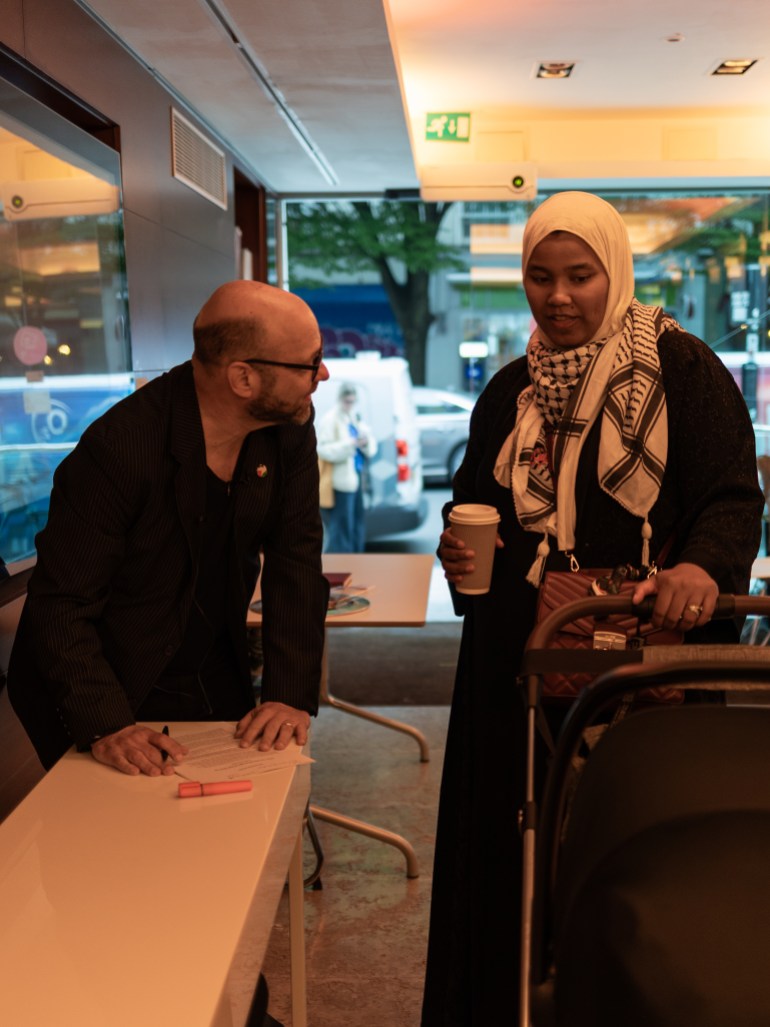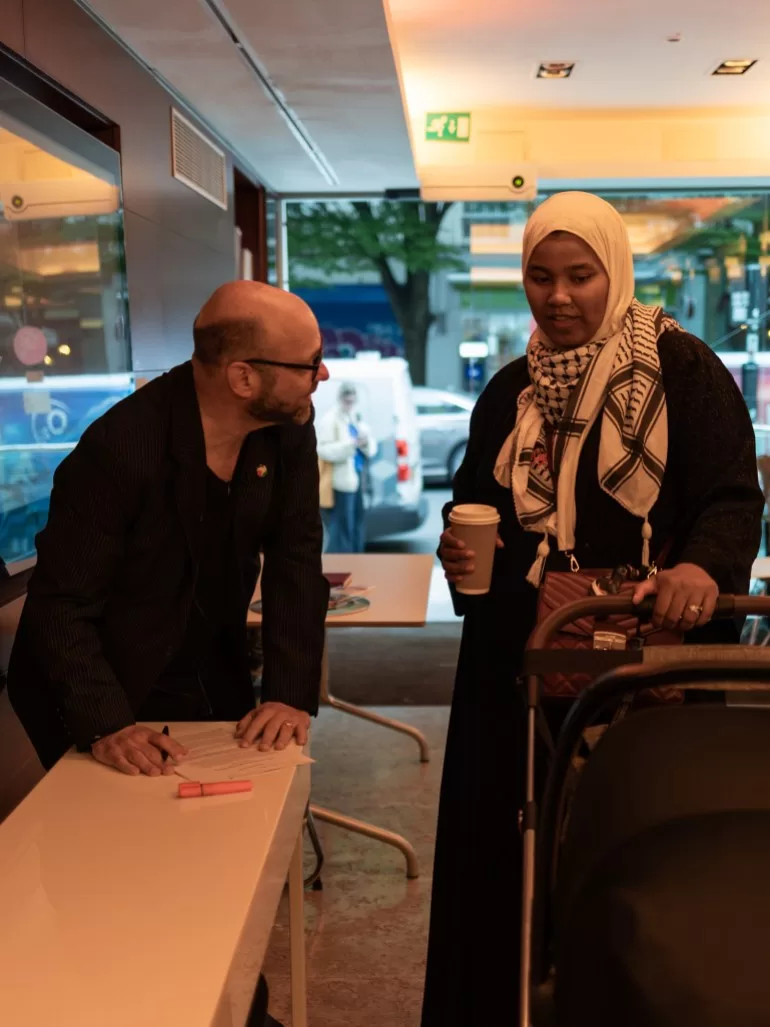The opposition Labour Party is predicted to win the election by a staggering margin. But many of its longtime supporters are disillusioned with the party’s stance on Israel’s war on Gaza.
According to a recent poll commissioned by Medical Aid for Palestinians (MAP) and the Council for Arab-British Understanding (CAABU), 86 percent of Labour voters support an immediate ceasefire in Gaza.
Labour leader Keir Starmer has only called for a “sustainable ceasefire” and repeatedly backed what he sees as Israel’s right to self-defence, even as tens of thousands of Palestinians are killed.
Andrew Feinstein, a former member of parliament for the South African African National Congress (ANC), is an ex- Labour Party member taking matters into his own hands; he is running as an independent candidate in Starmer’s London constituency of Holborn and St. Pancras.
Al Jazeera spoke to Feinstein, who is Jewish and anti-Zionist, on his decision to run.
Al Jazeera: Why have you decided to run in the upcoming election?
Andrew Feinstein: For a whole range of reasons. The first is that, in my opinion, our politics is broken. I feel that at a local level, I feel it at a national level and at a global level. Keir Starmer is our MP in an area that I’ve lived in since I moved to the UK almost 23 years ago, and I’ve never seen the guy in the constituency.
I’ve tried to talk to him about specific things that I have expertise in before parliamentary votes. If you’re lucky, you get a pro forma response that says, “Thank you for your letter.” And that’s all you get. So that’s the primary reason.
There are also issues at a local level that have a profound impact on people’s daily lives. Social housing is a huge issue. The stock of social housing is declining every year. Repairs for people who live in social housing, which is often overcrowded, never happened.
And then, of course, my political history is Gaza, where 76 percent of people in this country want a ceasefire. Not one of our senior politicians, including my own MP, who is the leader of the main opposition party and could well be prime minister after this election, can call for an unqualified ceasefire and a halt to arm sales to Israel.
I want to give people a real choice. I want people to have an option to vote for someone who is opposed to genocide, whoever perpetrates that genocide.
Al Jazeera: What is your message to Starmer and his Labour Party?
Andrew Feinstein: My message to Keir Starmer, both as leader of the Labour Party and as my local MP, was that despite your party’s slogan of change, you’re offering exactly the opposite. You’re offering the status quo.
How do we know you’re offering the status quo? By doing what I do in my day-to-day job [investigating the global arms trade], by following the money.
He is funded by billionaires who want to ensure that there’s no wealth tax and that they can continue to run their businesses and accumulate their money as though the vast majority of people don’t matter.
Ensuring that things like the NHS and other public services continue to be privatised even further.
So he’s not offering change. He’s offering more of the same, and the only thing that’s changing is the colour of the tie of the man in the expensive suit at the dispatch box.
What I would say to Keir Starmer is that if you truly believe in democracy, if you believe we should have an open, transparent, and accountable democracy, come and debate all of the candidates standing in your own constituency about what real change would look like and what it would mean.

Al Jazeera: The constituency you are aiming for is a Labour stronghold. How have people in the community reacted to your decision to stand?
Andrew Feinstein: All of the people that I’ve spoken to since we announced has just been incredibly positive. I’m getting messages from people, just saying thank goodness you’re standing. “Thank you for giving us an alternative.” “You’re giving us a sense of hope now.” “Good luck. What can we do?”
We’ve got around 500 people volunteering. It’s all going to go towards trying to create accountable, honest politics for whoever wins in Holborn and St Pancras.
Al Jazeera: As a pro-Palestine organiser and as someone who was part of the African National Congress under Nelson Mandela following the anti-apartheid movement, do you see parallels between the two movements?
Andrew Feinstein: There are huge parallels, and the parallels start from history because both South African apartheid and the illegal and brutal occupation of Palestine are a consequence of what some political theorists describe as settler colonialism.
They’re also, unfortunately, based on an awful notion of white supremacy.
I think the only very, very tiny light that emerges from the last eight months is how the world has responded.
Our politicians have failed miserably in their response. But ordinary people across the world have responded in their millions and millions and are outraged by what Israel is doing and outrage by the support our government is giving to Israel. That’s not going to stop.
Like we experienced in South Africa, ultimately, it will be the Palestinian people. Tens of millions of people are engaging in BDS [Boycott, Divest, and Sanctions] and isolating Israel, which is going to lead to freedom for Palestine.
Al Jazeera: What’s at stake with this election?
Andrew Feinstein: I think our political future as humanity is at stake, and I don’t want to be overly dramatic, but if you look at what is happening in Gaza, if you look at the reality that there is no longer any international rule of law, because the UK, the United States, Germany, France, a few other countries have decided that Israel, our ally, can do what they want, and there are no consequences.
Everything is at stake in this election, and that’s why I’ve been prepared to drop my day job to do what I can to campaign against someone who represents the political status quo, who represents the establishment, and who’s not going to bring stability or hope. He is actually going to bring even worse instability and puncture any hope that people may have.
This interview has been lightly edited for clarity and brevity.
